"Maximum cheap renewable energy sources" is just one of the elements of energy security

- - We want to have a competitive economy, we want to have a low-emission economy, but we also need energy security - emphasizes Wojciech Wrochna, Secretary of State in the Ministry of Industry.
- Dalida Gepfert from Enea points out that some coal-fired units can serve safety for a long time, but they must have a source of financing. Grzegorz Onichimowski from Polskie Sieci Elektroenergetyczne points out, in turn, that we need to ensure that RES is as cheap as possible, taking into account all costs.
- - Dialogue with financial institutions looks completely different than it did a year ago. The fact that we are owners of coal assets no longer hinders talks on financing our development investments so much - says Maciej Górski from PGE.
- During the debate " Energy: investments and security" held during EEC 2025, opinions on this topic were also shared by Žygimantas Vaičiūnas - Minister of Energy of Lithuania, Sławomir Hinc - President of Gaz-System, Jarosław Wajer from EY and Ewa Kwapis - Vice President of Transition Technologies - Systems.
Wojciech Wrochna, government plenipotentiary for strategic energy infrastructure and secretary of state in the Ministry of Industry , points out that years ago the energy union proposed by Donald Tusk's government included three pillars - energy security, affordable energy and the fact that energy should be clean and green.
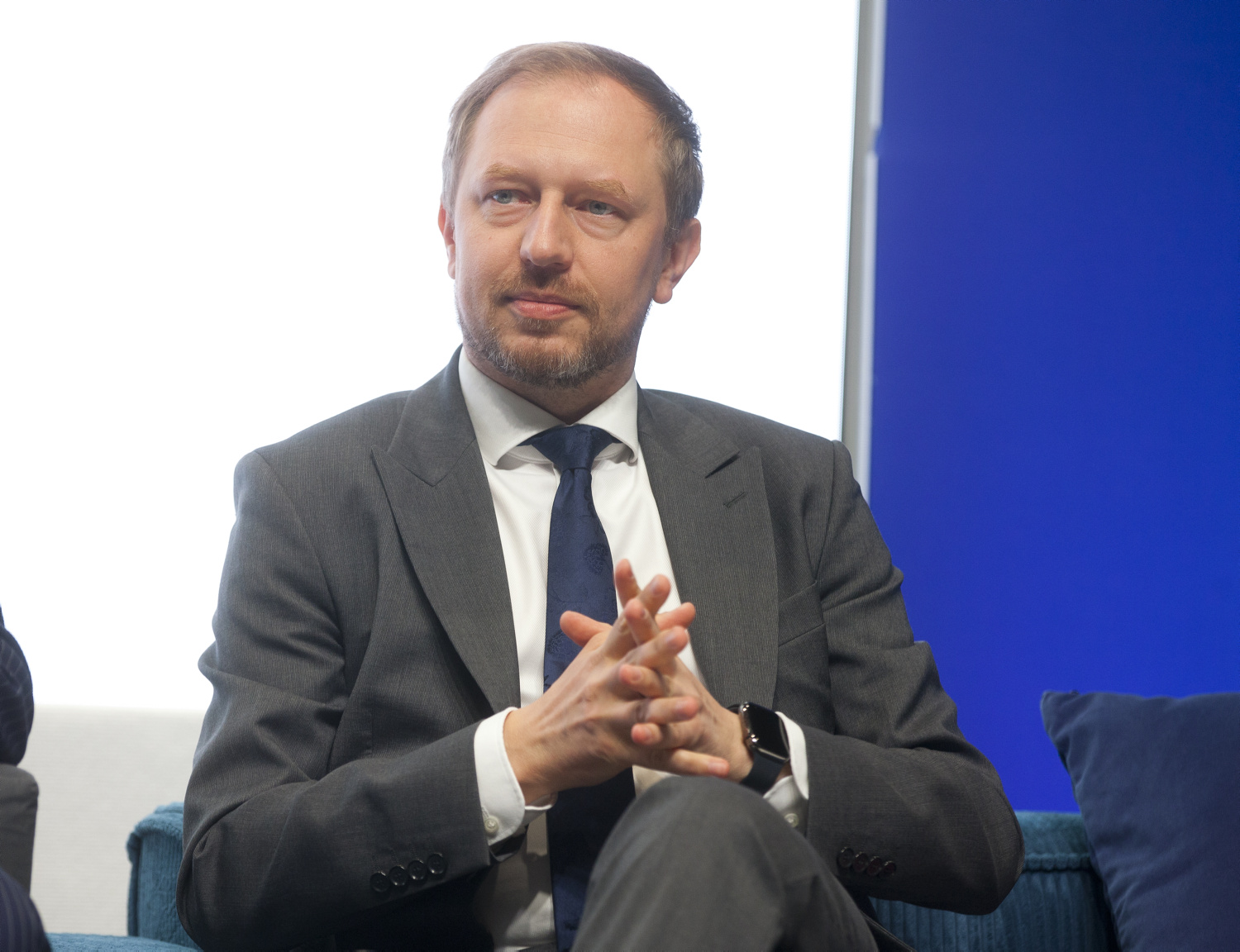
He adds that later, a very strong emphasis was placed on energy transformation , on the green turn with gas as a short-term transition fuel, and the goal was to quickly achieve energy security based exclusively on green energy.
- It has not worked yet. What is more, we have reached a situation in which we are starting to return to the remaining pillars. We are talking about the competitiveness of the European economy, among other things, because energy prices are too high. We are talking about energy security and that is why the topic of gas as a transitional fuel is coming back, but not a short-term transitional one - comments Wojciech Wrochna.
He believes that when thinking about a secure energy system, all key elements should be taken into account, i.e. security of supply, affordability of energy and its emissions, as well as "a very pragmatic approach to the proposed solutions".
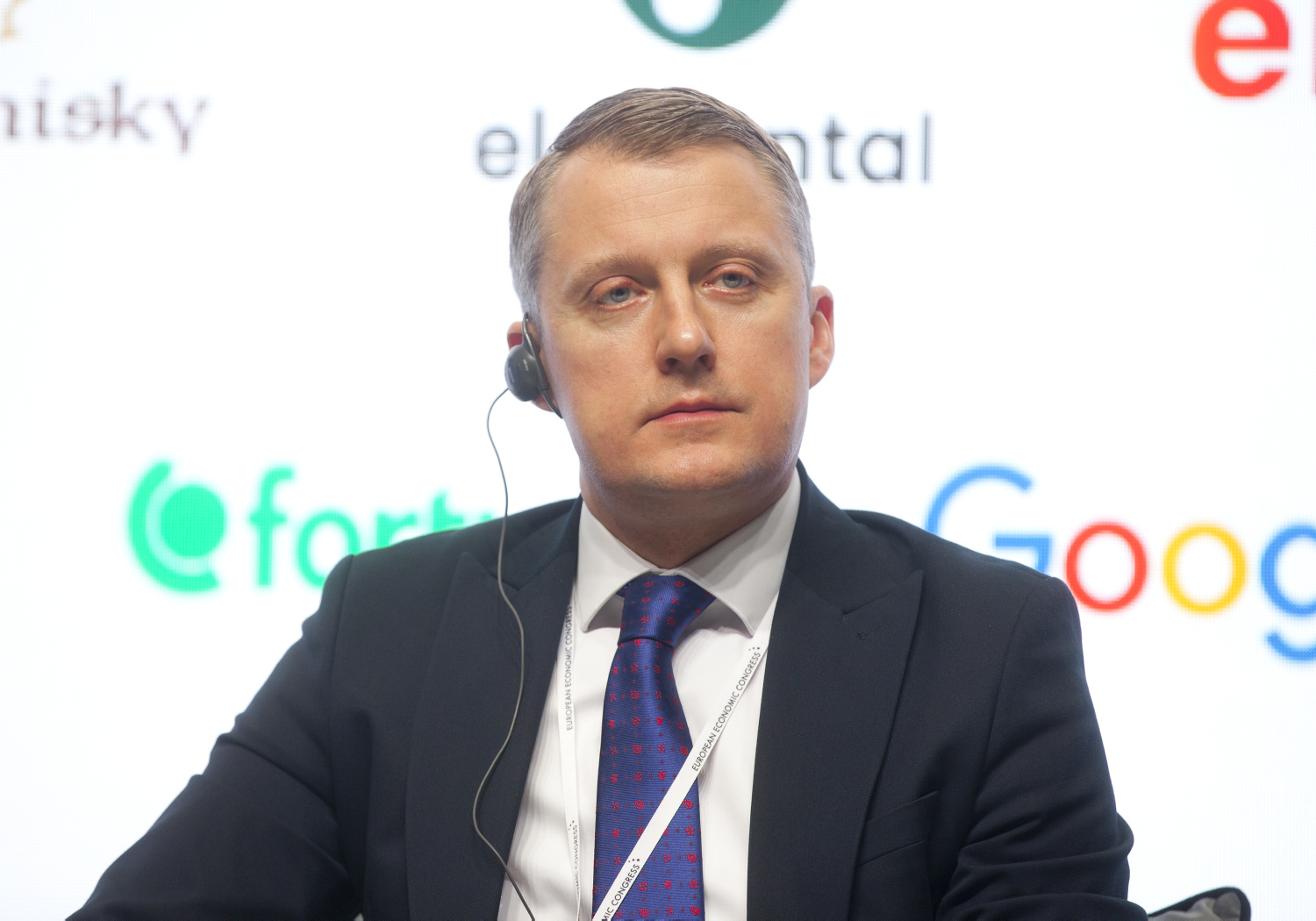
Žygimantas Vaičiūnas, Lithuanian Minister of Energy, points out that in the case of the Baltic States region, large investments were first made in cross-border connections (interconnectors) to ensure an adequate amount of electricity, and the next stage was investments in energy independence projects, such as the LNG terminal.
- At the moment we are looking at new markets. We are talking about the development of renewable energy and flexibility markets. Sometimes we see the challenge that the European Union regulations are not flexible enough to adapt them to the needs of our markets - admits Vaičiūnas.
The Lithuanian minister commented on the construction of the Polish-Lithuanian Harmony Link electricity connection and the potential connection with Germany - the idea of an interconnector that would connect Lithuania, Latvia and Germany.
- We never say "never" when it comes to potential projects. At the moment, however, we are concentrating our efforts on ensuring the Harmony Link connection - the deadline is 2030. I believe it was the right decision to change the connection from sea to land - says Žygimantas Vaičiūnas.
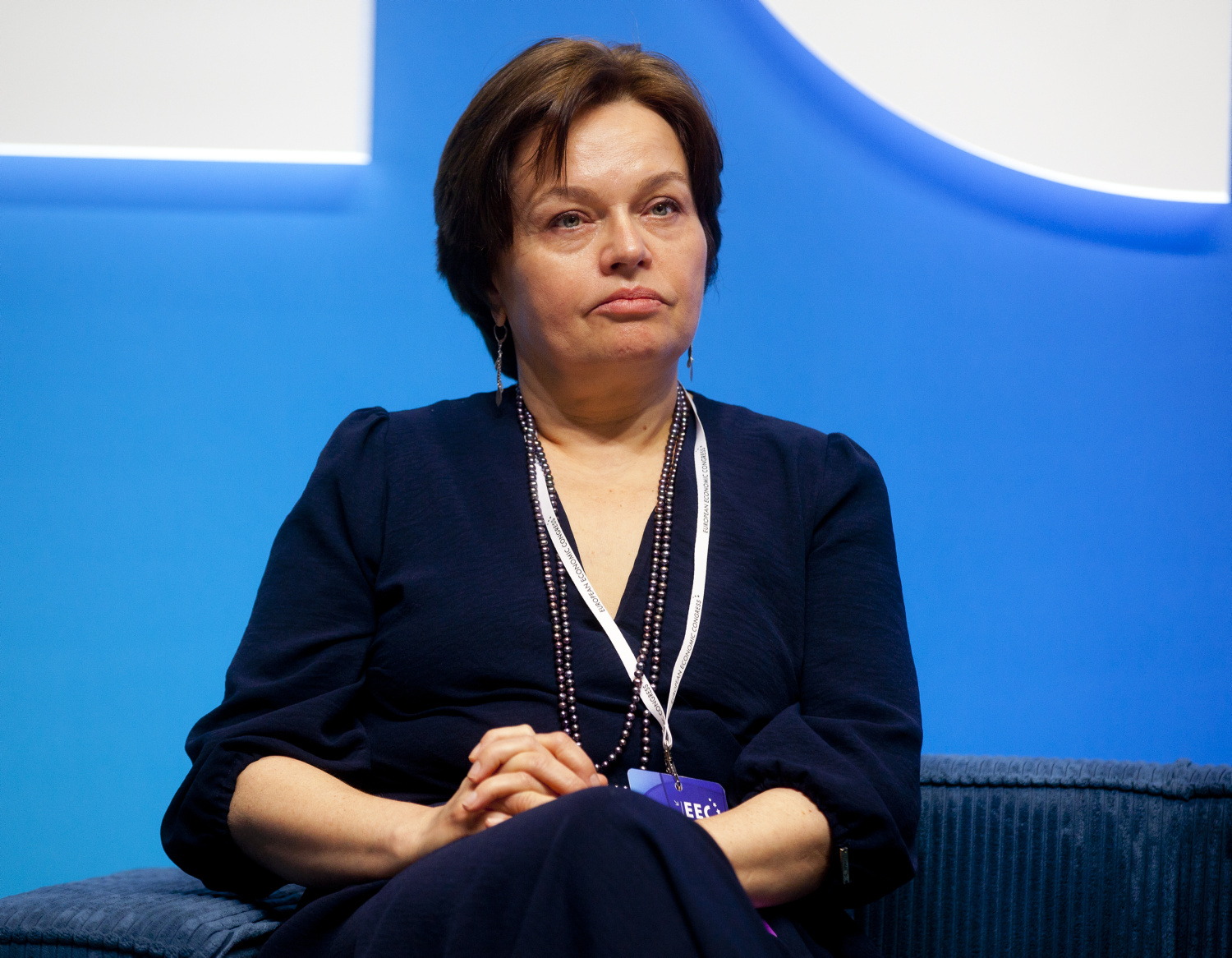
Dalida Gepfert, Member of the Management Board for Corporate Affairs of Enea , speaking about energy security and transformation, indicates that the group currently has this process in order for the coming years, which is the result of adopting a new strategy , and points to the scale of the financial challenges resulting from it.
- When we were preparing the strategy for the Enea group in 2013, the level of investment for 10 years did not exceed PLN 20 billion. Last year, in our strategy, which we prepared for the group, and which already had to take into account all aspects of transformation, aspects of building security, it was over PLN 100 billion - Dalida Gepfert emphasizes.
For Enea, as Gepfert explains, when developing the strategy, it was important to use the assets the group currently has as rationally as possible in the transformation.
- We have many coal-fired units in Poland that are simply old. Their modernization no longer makes any business sense and we should shut down these units. However, some coal-fired units can serve safety purposes, but in order to serve this purpose, they must also have a source of financing - comments Dalida Gepfert.
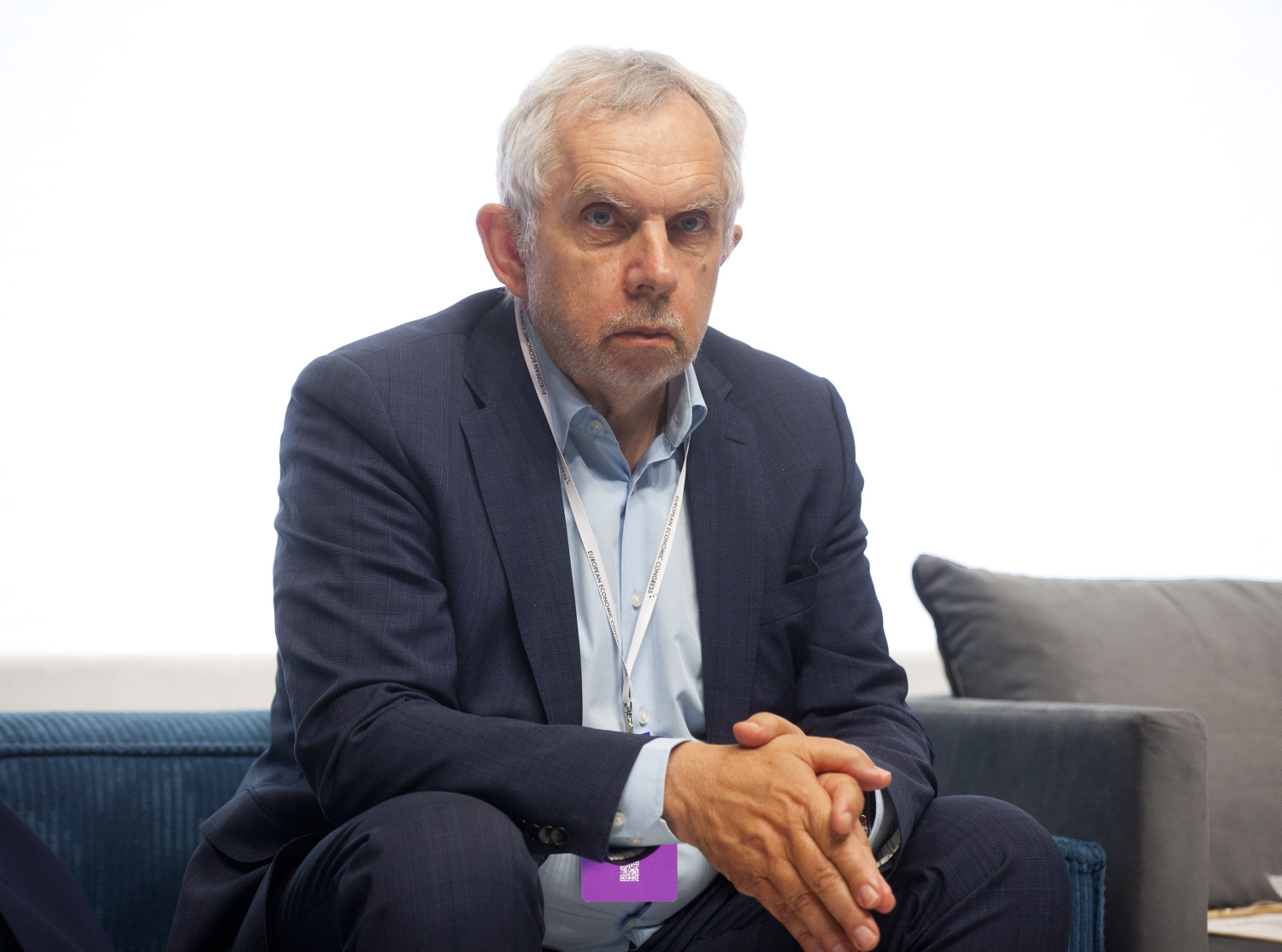
Grzegorz Onichimowski, president of Polskie Sieci Elektroenergetyczne , points out that a distinction should be made between the physical security of energy infrastructure (so-called hard security) and the security of energy supplies.
- This hard security appears as a completely new element and a big question mark as to who is going to pay for it. We keep talking about low energy prices, competitive energy for the recipient, and suddenly a completely new factor appears that we have to take into account, i.e. securing critical infrastructure from the physical security perspective, and these are not cheap things - comments Grzegorz Onichimowski.
In turn, when speaking about the security of energy supplies, he points out that the issue of cost optimization from the point of view of the operation of the entire power system is important.
- In my opinion , renewable energy should be what provides us with cheap energy . Power must be provided by available sources, primarily gas sources, nuclear sources. We must ensure that this renewable energy is as cheap as possible, and cheap not only in terms of the price per megawatt-hour or kilowatt-hour, but also in terms of all the accompanying costs - comments Grzegorz Onichimowski.
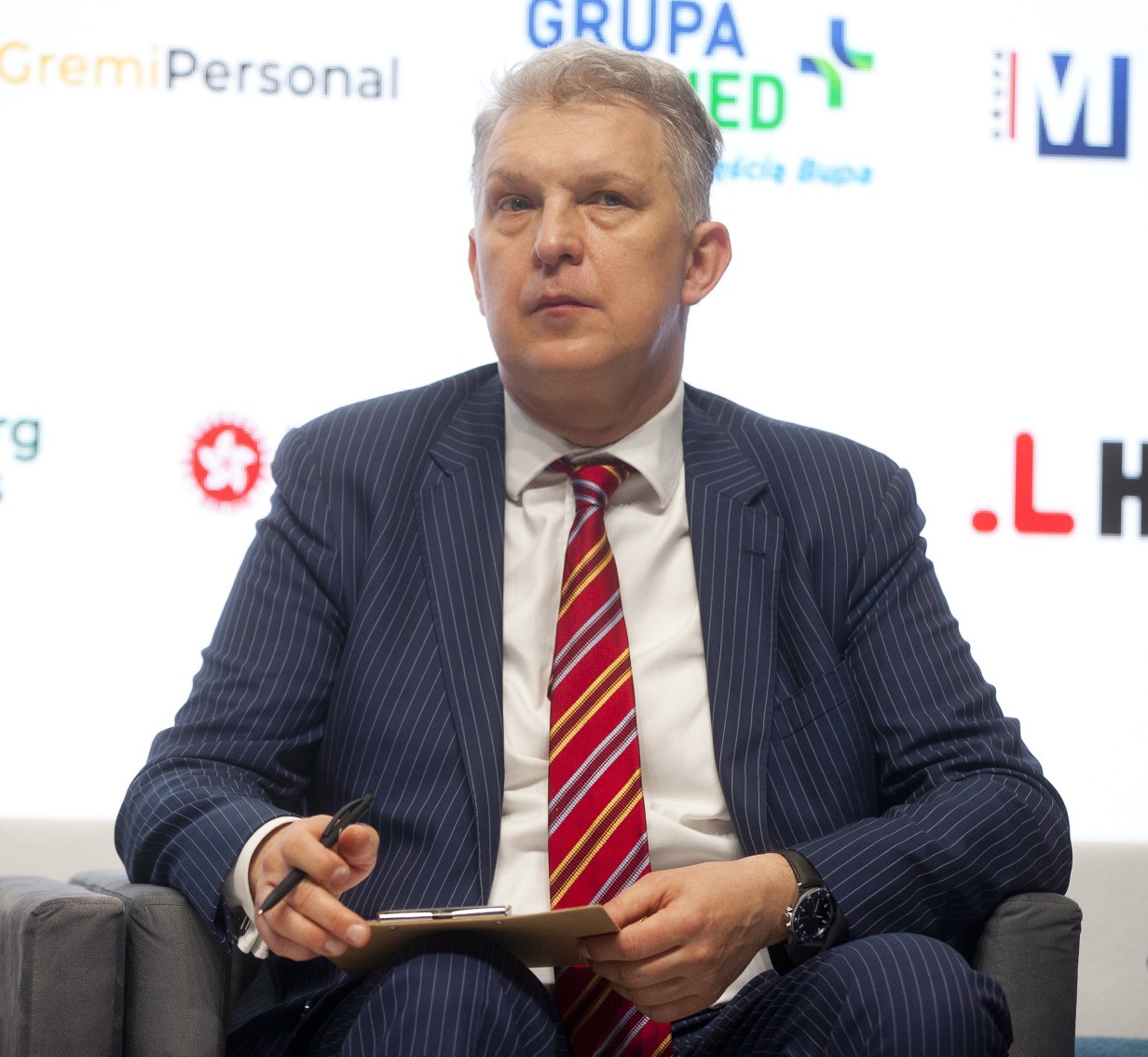
Jarosław Wajer, partner, leader of the Energy Department in Poland and the CESA region at EY , emphasizes that energy is not a sector that operates on its own, that Europe must compete on many markets, and it turns out that the United States or Asia have cheaper energy than Europe, for various reasons.
- For example , there is no unbundling anywhere outside Europe . Unbundling says that each company - in trade, in distribution, in production - is to optimize results in its own place, but no one optimizes the whole, neither at the national level nor at the European level. And this experiment, which has been going on for twenty years - in 1997, if I remember correctly, there was the first energy directive in the EU - has failed. We are the most expensive - comments Jarosław Wajer.
He emphasizes that criticizing existing solutions is not enough , that we need to bring solutions and say what the market should look like.
- I have been hearing for several years that we should leave the ETS . Not at all, but we are a major player, one of the five or six largest economies in Europe, so let's say how it should look like - postulates Jarosław Wajer.
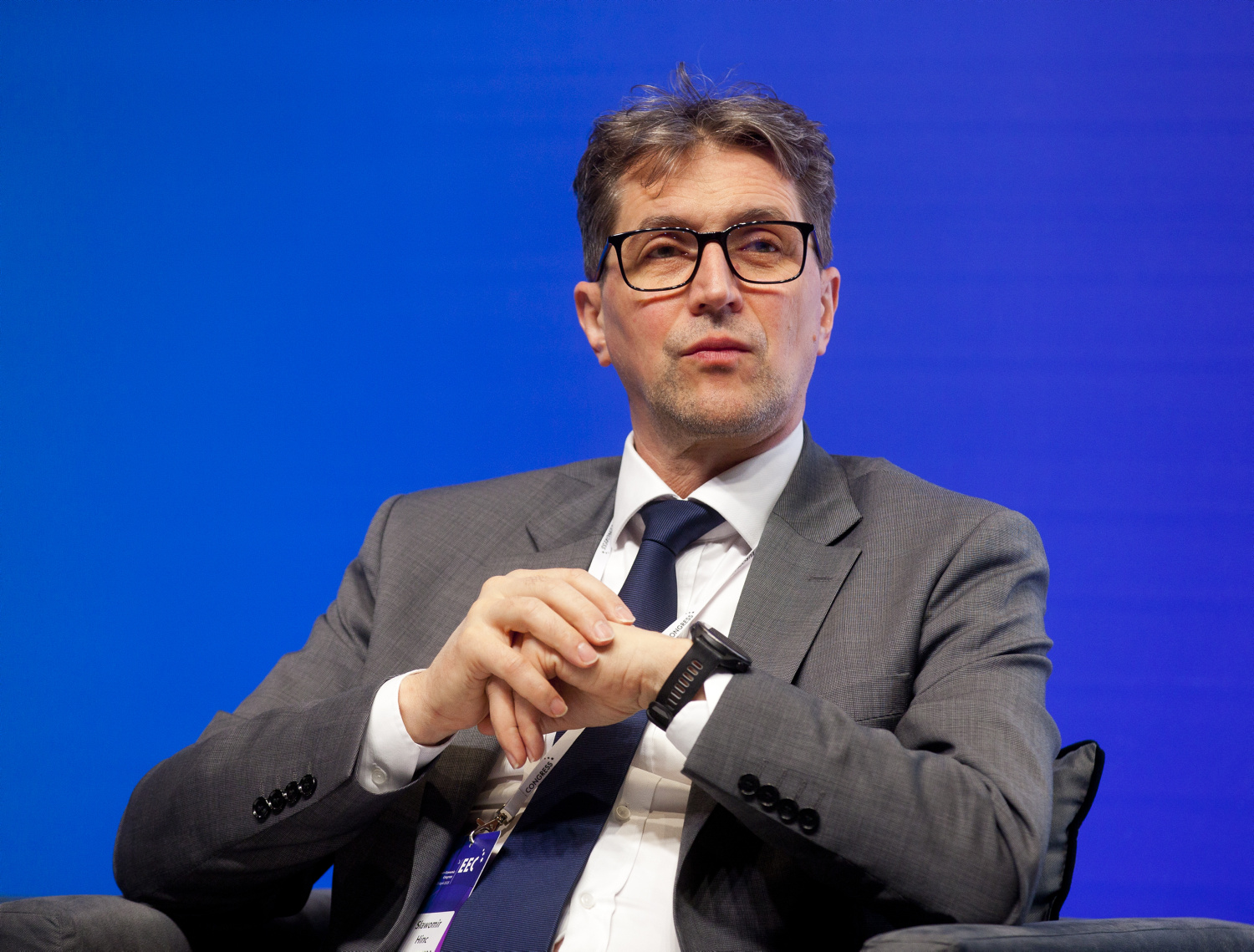
Sławomir Hinc, president of Gaz-System, commenting on energy security issues, states that this is an issue that falls within the triangle of ecology - security of supply - price.
- I think that these things are not mutually exclusive, that things related to security do not have to negatively affect other elements, and sometimes even support them. And I think the gas sector is a good example that a great deal of emphasis on security, on the expansion of infrastructure, also translates into better commercial conditions for entities that can operate on this network - comments Sławomir Hinc.
Sławomir Hinc also estimates that natural gas is an element that provides what is needed in virtually every point of the aforementioned triangle (ecology - security of supply - price).
- Gas is competitively priced. Please note how gas prices are currently shaping up. I am skipping 2022, because that was a complete market anomaly. It also ensures security from the point of view of stabilizing the operation of the energy system. We can always deliver gas safely in any quantity to where energy can be produced - comments Sławomir Hinc.
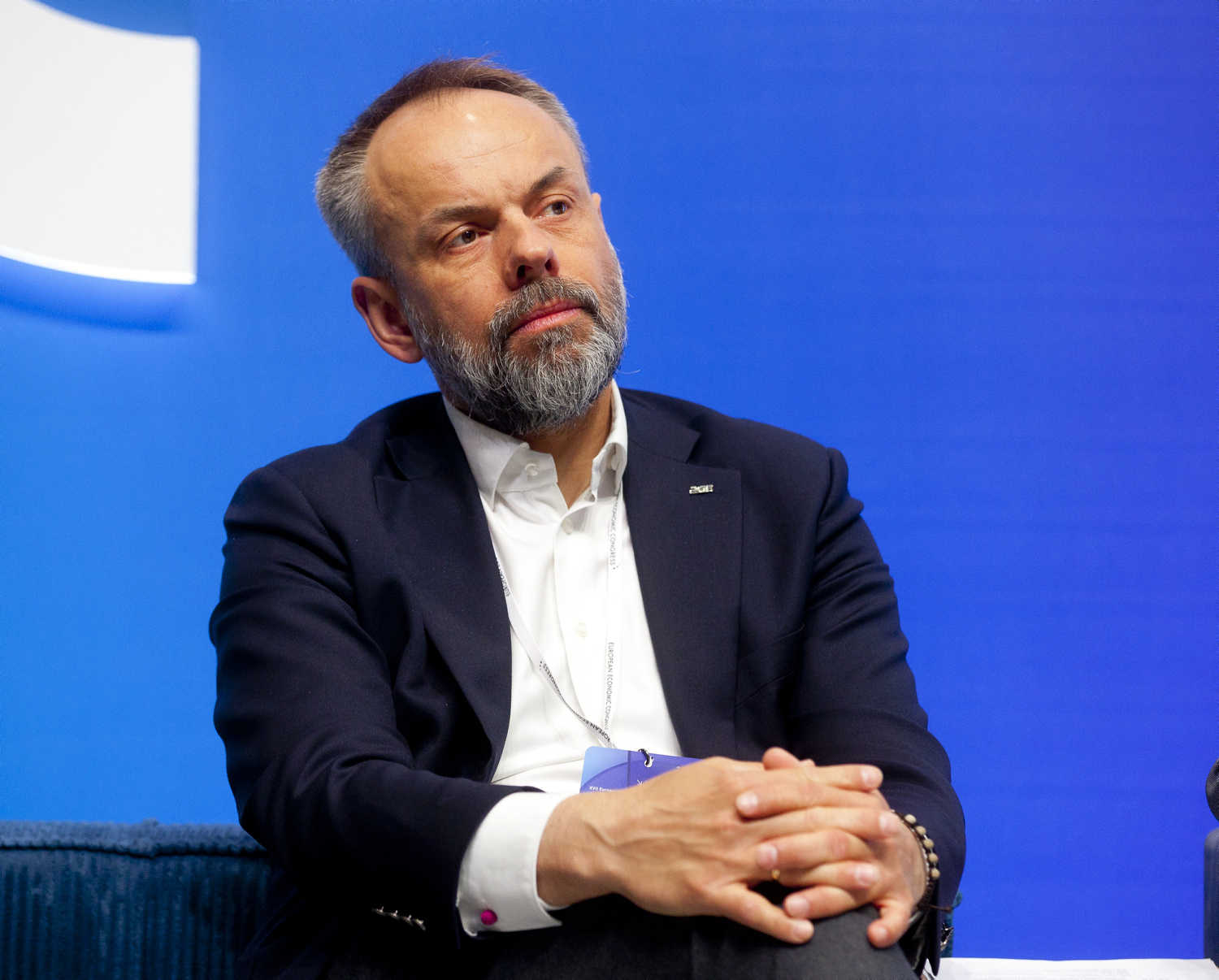
Maciej Górski, Vice President of the Management Board for Operations at PGE Polska Grupa Energetyczna , assesses that the narrative regarding the transformation of the power sector has changed significantly compared to what we heard a year or two ago.
- From the point of view of PGE, the largest power company in Poland, it is very important that we are starting to approach issues related to the energy transformation in a more common-sense manner - says Maciej Górski.
He adds that the current dialogue with financial institutions, both international and Polish banks, looks different than it did a year ago.
- Now it turns out that we, as PGE, are quite a good partner. The fact that we are owners of coal assets is not, let's say, our competitive advantage, but it does not interfere so much in talks on financing our development investments. This is a very important aspect - emphasizes Maciej Górski.
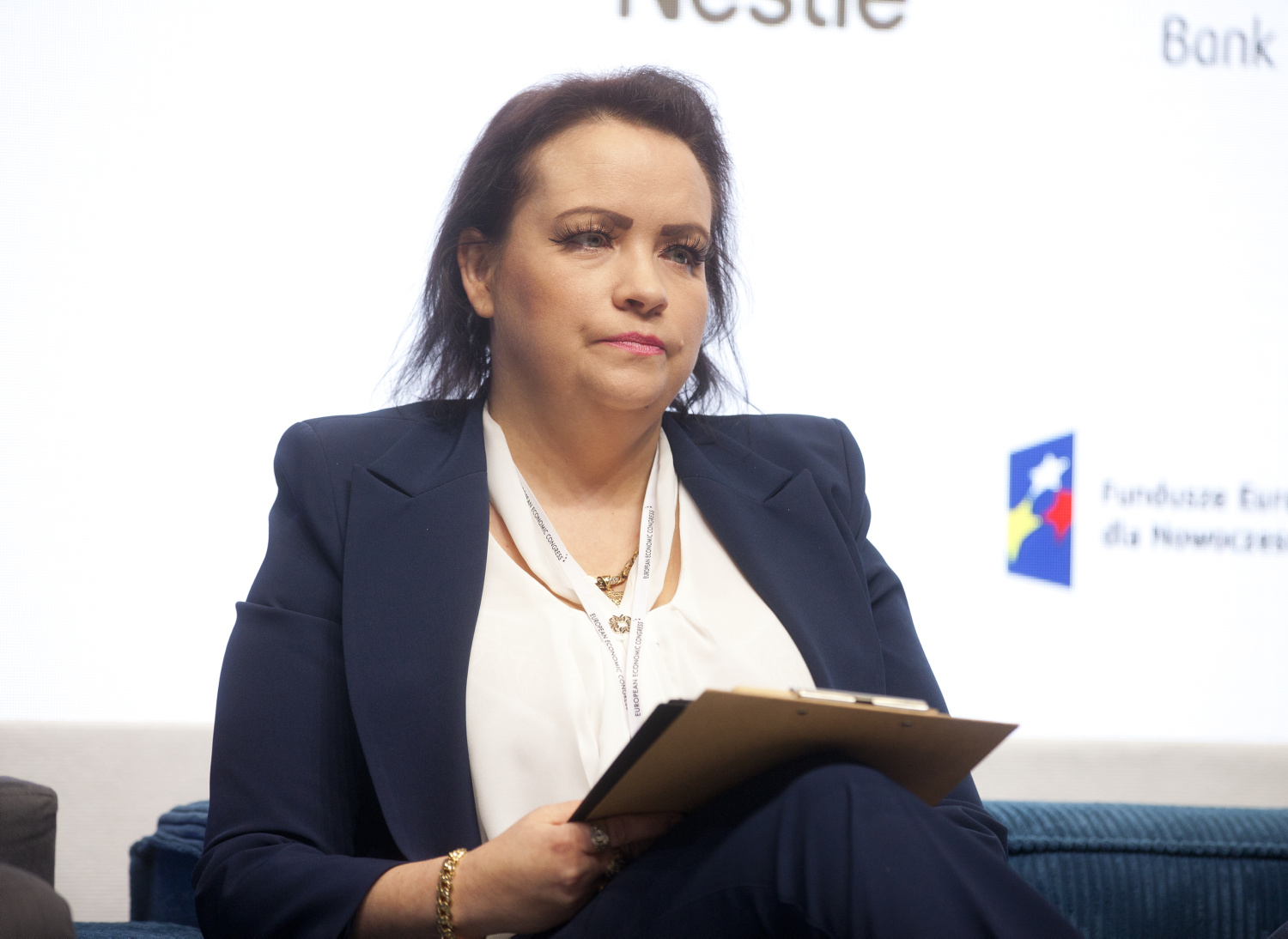
Ewa Kwapis, Vice President of Transition Technologies - Systems, claims that when planning key investments for the Polish energy sector, such as the construction of new gas or nuclear units, one cannot forget about IT systems and cybersecurity.
He estimates that "modern energy cannot operate effectively and safely without solidly designed and deeply integrated IT systems."
- We are talking here not only about the operational layer, i.e. optimizing production management or key communication with PSE, but also about the security layer, i.e. securing these systems against increasingly sophisticated cyberattacks - explains Ewa Kwapis.
He also notes that the experience of Transition Technologies - Systems shows that it is important to ensure requirements for IT systems and cybersecurity standards already at the investment planning level.
- We avoid misunderstandings and ambiguities when the general contractor wins the tender and aims to minimize costs, and we as the investor want to secure our investment as best as possible. We should also take care of the entire security of the supply chain, in accordance with the NIS 2 directive - sums up Ewa Kwapis.
See the full transcript of the debate "Energy: Investments and Security"
wnp.pl




